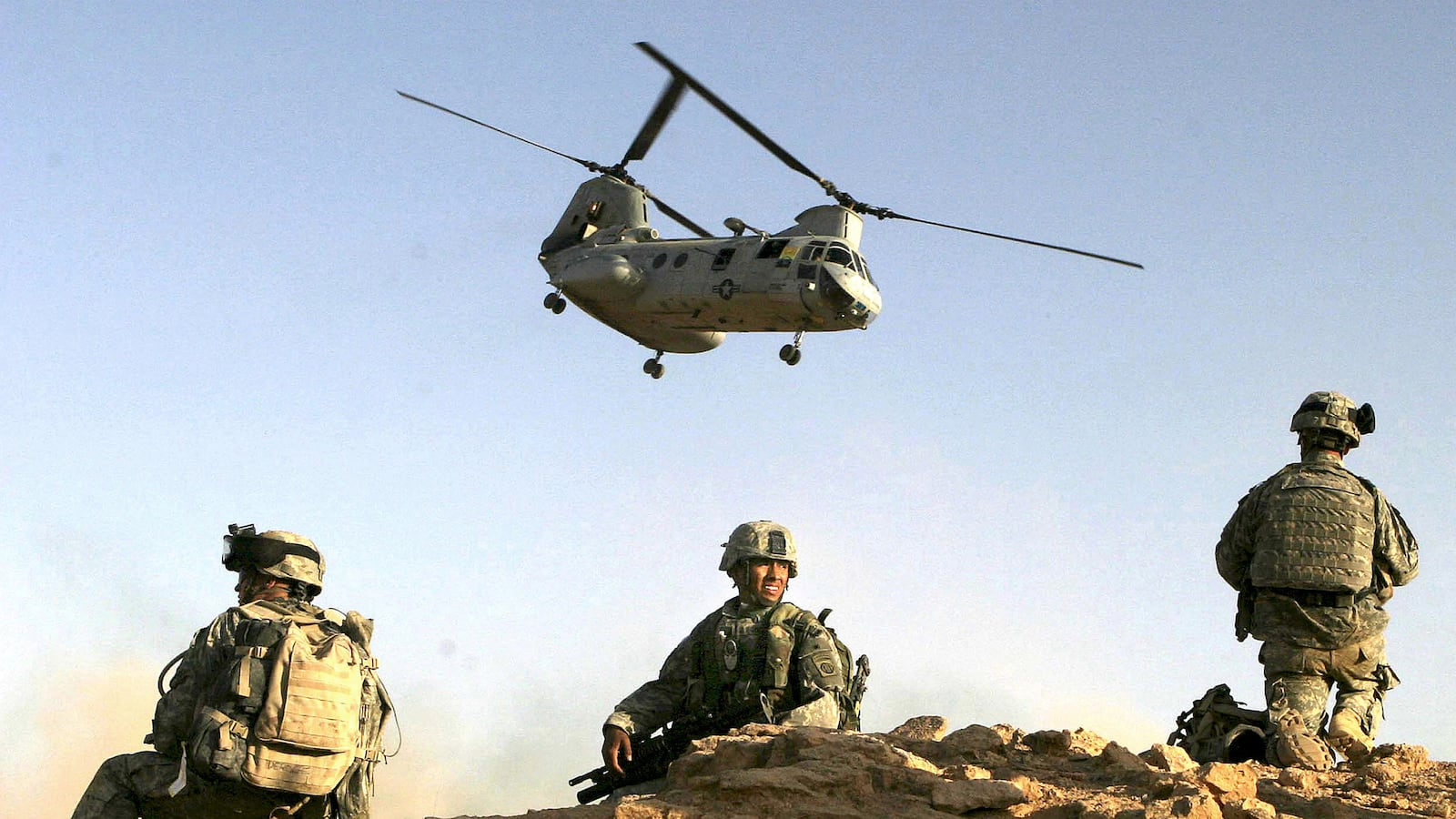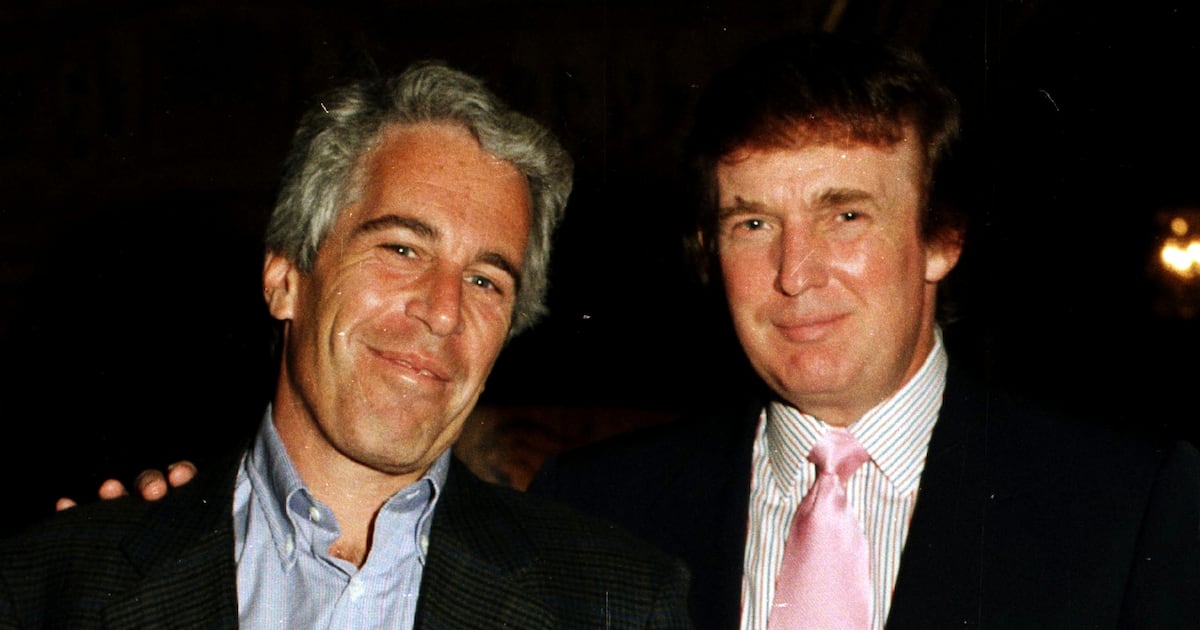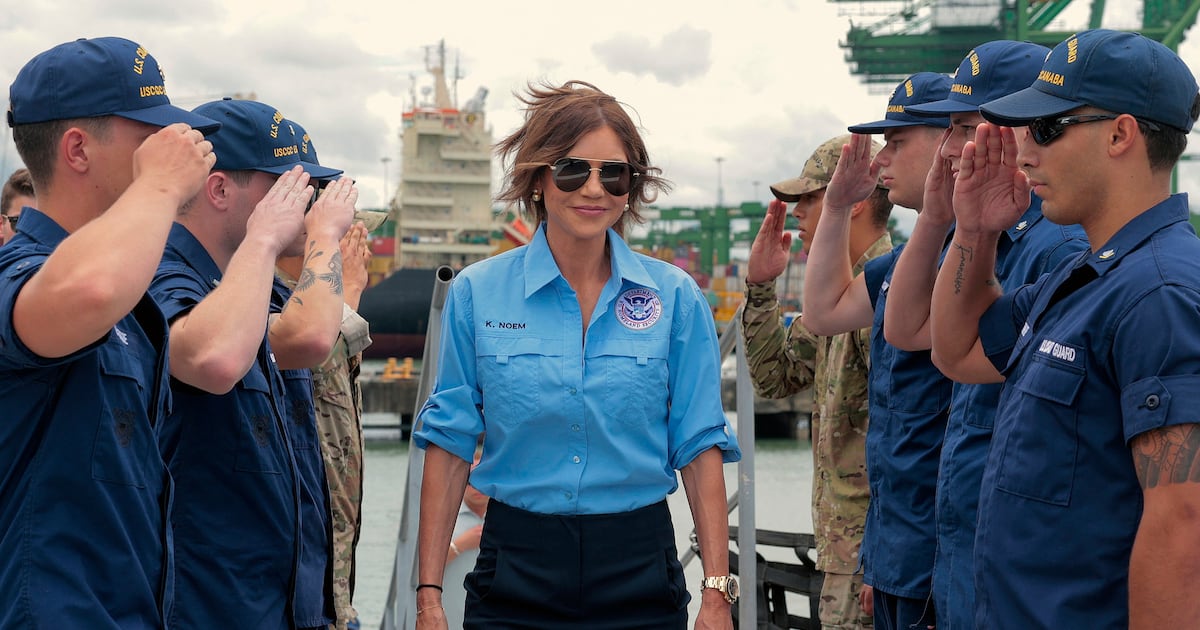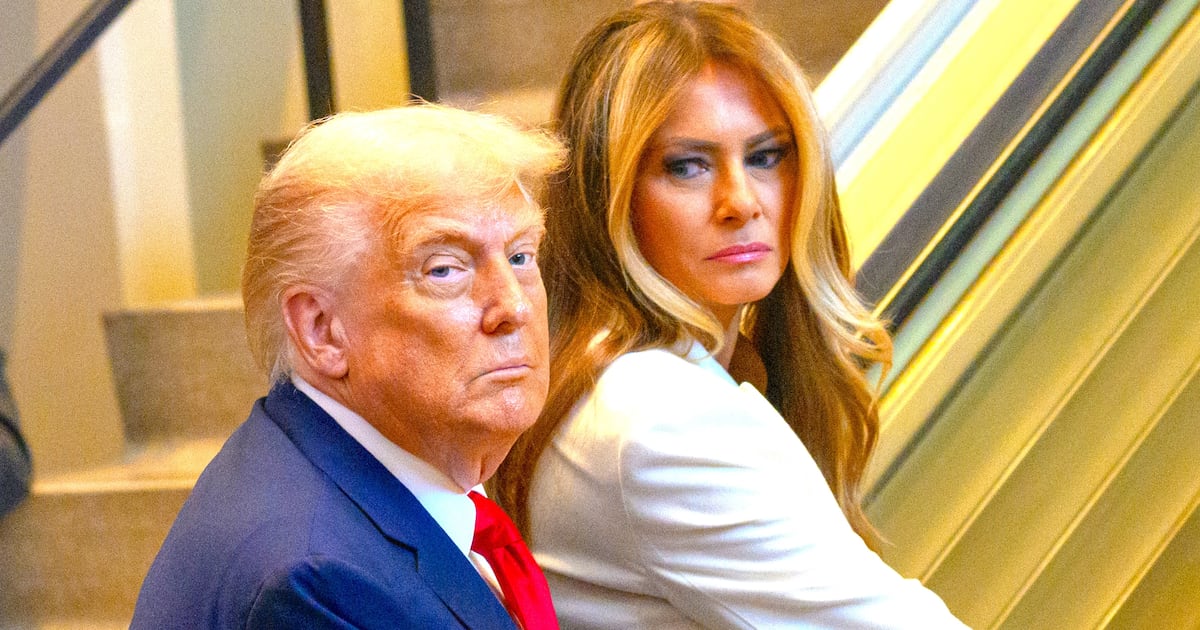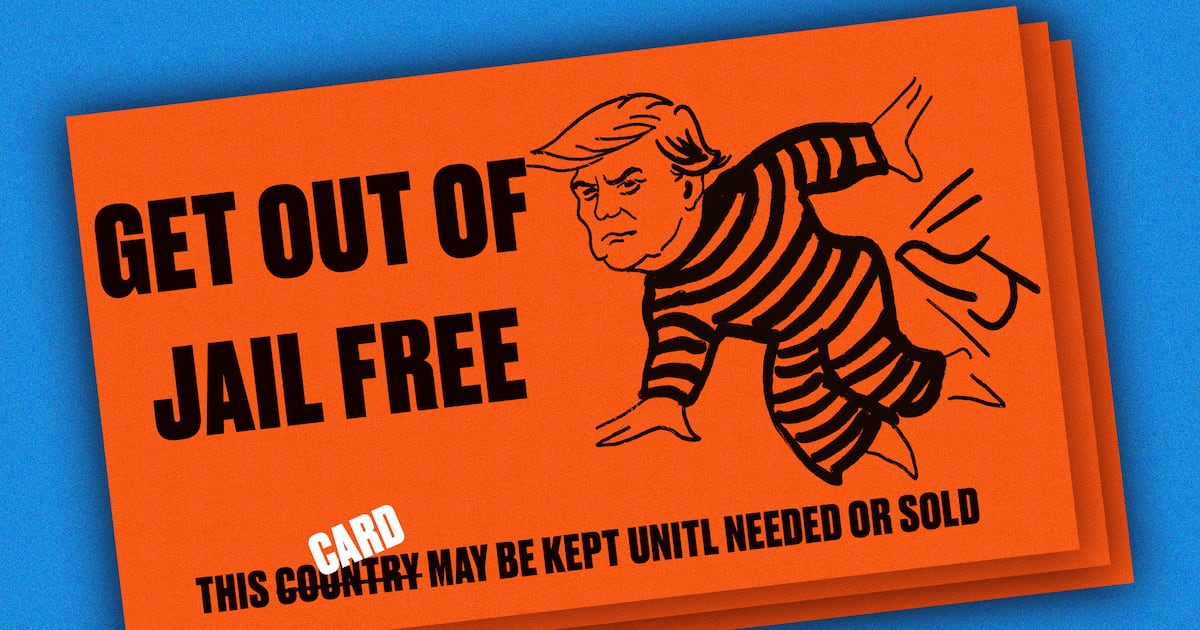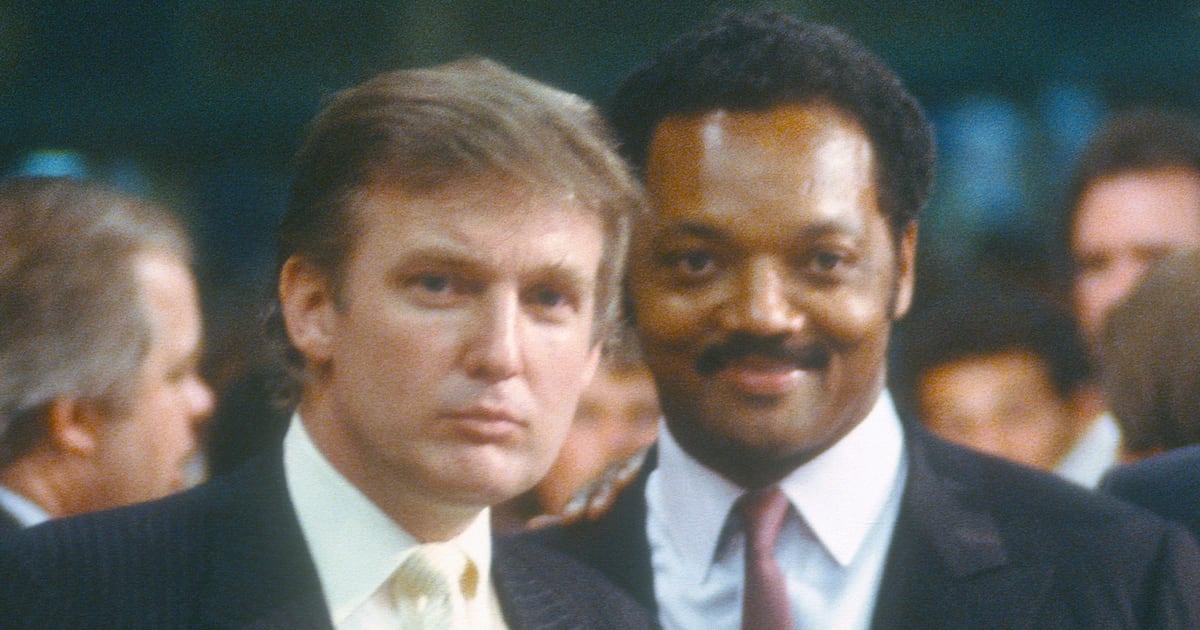I was buying a book from a vendor in a crowded, fluorescent-lit convention center. The man taking my money—publisher of a small press—was in his mid to late ’60s, with a chatty show-biz manner and a dark purple tie layered over a lilac dress shirt. He squinted at my name-tag and, after finding out that I was a fiction writer, asked what kind of work I did. Pleased, I told him that I had a new novel coming out and that it was about the Iraq War.
He stopped counting out my change and asked, “So did your husband serve?”
“Well—no,” I said, taken aback. Why didn’t I leave it at that? “But my brother did,” I blurted. Which is true.
“Ah,” the man said. The tone of this syllable swooped up briefly, and then down. He gave me a swift friendly smile, and turned to the next customer.
Backing away from his table I felt my face grow hot. I wondered if anyone had overheard the exchange, what they might make of my defensiveness, my oversharing (hadn’t I?). Hurrying past other sellers and browsers, I couldn’t shake the uneasy feeling that I had done something wrong or self-serving, had betrayed someone or sold out, all in the span of a few sentences. About war, about writing.
Who are you to write about war? That’s what I heard the man really asking. And his assumption that a husband must have been its source—indeed, that there was a husband in the first place—is the first thing I latched onto, with righteous anger. After all, as a friend put it later, why didn’t he simply ask if I had served in the war? To other writer-friends later in the day, I fumed about sexist old guys, I complained about male privilege, I snarked about purple-on-purple wardrobe choices. That immediate, obnoxious assumption—it must have to do with her husband—got us riffing on all the things I could have said in the moment. It was nice to have the offended outrage on my behalf. Plenty of novelists and story writers know about being challenged on their authority to write what they had written. After all, our basic job description is to imagine our way into other people’s lives. We make stuff up! One would think somebody selling books might know this.
Then I began to notice something. In my descriptions of the encounter, I kept the focus on how I spluttered in the face of a blatantly sexist remark. What I’d said after that, how quickly I’d volunteered my brother’s war experience in order to claim my credentials … well, I left that part a little under-developed in my retellings at the hotel bar. A little vague, a bit downplayed.
But I thought about it a lot. Maybe the older man did assume that I, a woman, must have a real-world male connection to the Iraq war to be able to write about it, or even to be interested in doing so. Then again, didn’t I on some level believe that, too?
My novel is about two American women on the home front during the 2005 portion of the war. One is the legal guardian of a young Marine, and the other is married to a Army reserve captain. On the surface, their stories don’t have much in common with mine: to create these characters I made up other lives, other backgrounds, than what I’ve known. Nor is there much in the novel that is directly informed by my brother’s time in Iraq; because I wanted to explore what war means at home, the center of the novel is how deployment and injury shape the days and months of women at home. I didn’t write any battlefield scenes. But of course the book has everything to do with me, and what it was like when my brother was off at war. I may have made up fictional characters but into them I poured every bit of my own fear and anger during that time. All the rage I had at the U.S. administration is in there, along with the frequent attacks of panic, but so is the confusing pride I came to know, the way it felt to see my baby brother transformed in uniform, how strong and brave. The shameful complicity I felt when atrocities played on the nightly news, the thread of superiority I enjoyed in political debates with those without people “over there.” And a singular emotion—an ancient one for women, but new to me—mottled with terror, this frustration of being asked to act as if all was normal, to wash dishes and take care of children and watch sitcoms, during the long hidden emergency of deployment.
If I hadn’t had a loved one serve in Iraq, would I have written this novel? I like to think so, but probably not. I want to believe that this war has to matter to all of us, especially those from my privileged upbringing, and that I would spend the years and research and effort it took to make this work no matter what my own personal stake in the matter was. Frankly, I don’t think I would have opted for looking so deeply into the world of military culture and war. While my brother was away I couldn’t bear to think about it at all, and I would have bet you anything during those seven months that all I’d want to do once he was back, please let him come back, was thank God and forget every minute of it. Though a wiser writer might have gently let me know how that is the very sign that meant I would have to write about it. If his going to war is so strongly rooted in my decision, in my need, to write this novel ... then it’s a bit harder for me to claim total immunity from a male-dominant expectation like the one I faced at the book fair.
It’s not only women, or civilians, who come up against insecurities around authority when writing about war. Phil Klay, author of the excellent story collection Redeployment, and a veteran of the Iraq war, was once giving a reading from a short story that is set in the second battle of Fallujah—a battle he wasn’t a part of, as he was in college at the time. The story has a serious tone and grim action, but as he read he was frequently distracted by someone in the audience—a man he would later learn had mental problems—who laughed loudly as the story progressed. Klay says that his immediate thought was that this man had been a soldier in that battle, and was scoffing at how he’d gotten it all wrong. Sometimes it seems that “having been there” is its own liability, both because of the temptation to rest on one version of a many-sided truth, and because a good writer will have to surmount experience in order to have the imagination to see into other hearts, other ways it could have gone. Then there’s the hierarchy of “how tough was your war,” a familiar if unspoken one-upping among people who’ve been there. Were you in Iraq in 2004 or 2007? Are you allowed to write about battle from the rear echelon? Can you write about it from a desk job on base? How about if you flunked out of boot camp in your second week?
I come back to the way the older man at the book fair asked his question so point-blank. To the way he didn’t ask anything else, to the sound of his voice on that “ah.”
Because I am coming to believe there is something else to confront for writers who imagine war—in addition to the extra burden of proof on women who make their way into this male sphere. I think there’s a fear of exposure, an instinctive move to protect what occurs in war from efforts to see it from a perch of easy comfort. After all, what if we get it wrong? What if we’re sloppy and half-hearted and glib? Not just about the names of places and the types of weapons and the endless military acronyms … but about those unable-to-be-replicated events and emotions that make war, war? It’s an extreme human experience, often tangled and confusing even for years afterward, and I understand the desire to keep it private. I think of my brother, when a clueless and beery friend from home pulls him aside at the local bar to ask if he, you know, actually … killed anyone.
So maybe what I was saying to the stern, disapproving man at the fair (though was he stern? disapproving?)—maybe what I was saying, by telling him about my brother, was, I understand. I suffered while he was over there. I don’t take it lightly, I tried to be worthy of this subject.
Now when I see that exchange I think about it from the other side of the table. A man whose back aches from standing under these bright lights, and from lifting heavy boxes of books. Maybe he avoided Vietnam, but maybe his older brother got drafted out of a good college and returned to a series of low-paying jobs, with a recurring bowel infection and a painkiller habit. Or it was his father, who never liked to speak about his two years on a submarine in the Pacific, and who once shocked the family by bursting into angry tears during a holiday concert when the band played “Till Then.” Or his late sister’s grandson, who was killed in action in the Anbar Province in the first wave of the surge. Eighteen years old, and got hit with an IED his first month there. Here’s a woman buying a book, good, good, he needs to sell them. She’s personable and interested and he likes to show off a bit, enjoying the chance to play the witty gent who displays his wares with a flourish. Though when she brightly tells him that her novel is about the Iraq war he flinches at the breezy way she says it, there in the crowded hall. And isn’t she a touch too pleased with herself? Announcing it in that cheerful way, with her badge and her glasses and her youth. It hurts, the way war just flings up against you like that out of the blue, all the pain and fear you don’t want to remember right now, here in the middle of your happy day, with these beautiful books and your stylish new suit.
I know it does. I know it hurts.
Emily Gray Tedrowe is the author of two novels: Commuters, which was named a Best New Paperback by Entertainment Weekly, and the forthcoming Blue Stars, which will be published in February 2015 by St. Martin's Press. Follow her on Twitter at @egtedrowe

